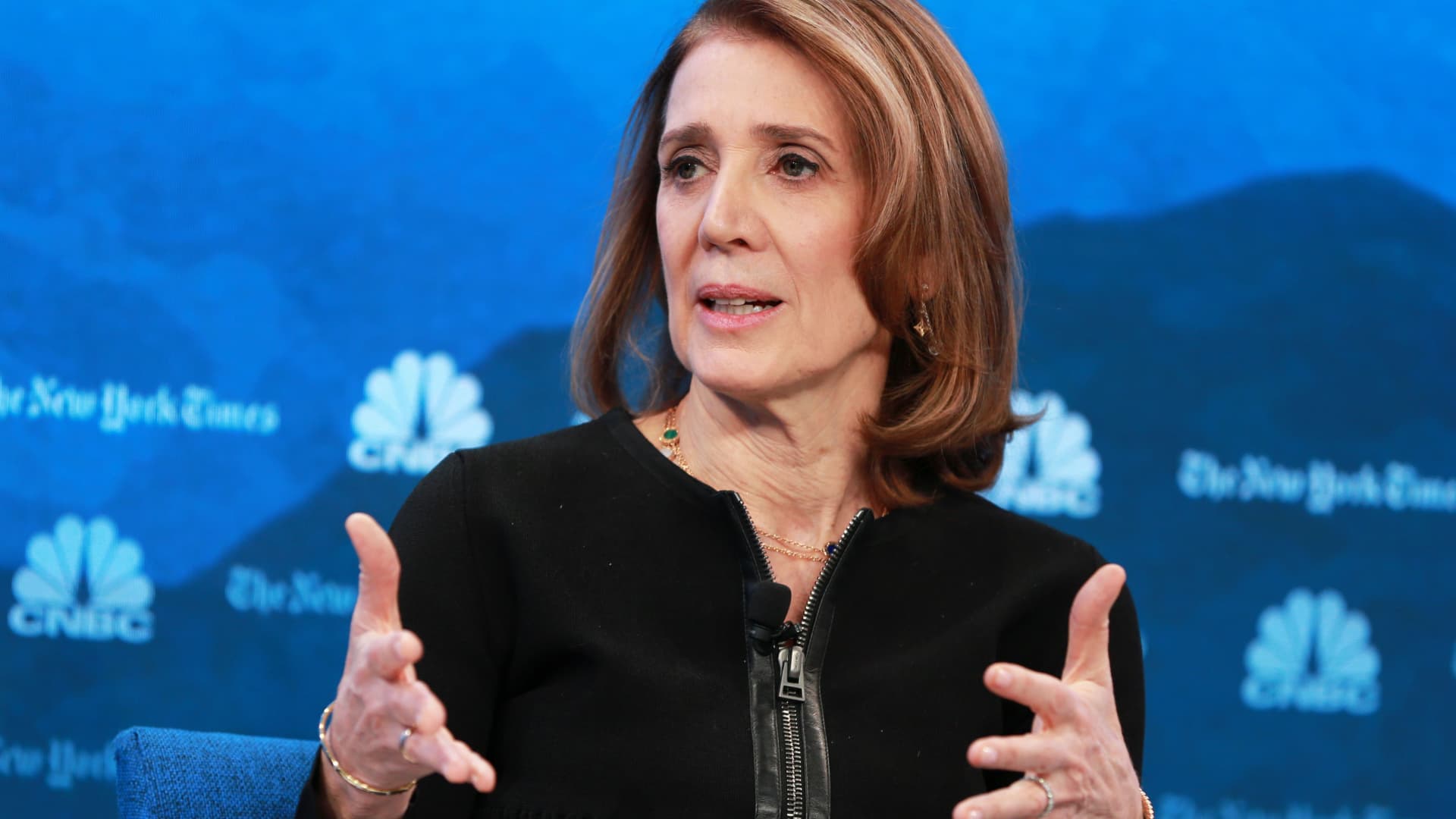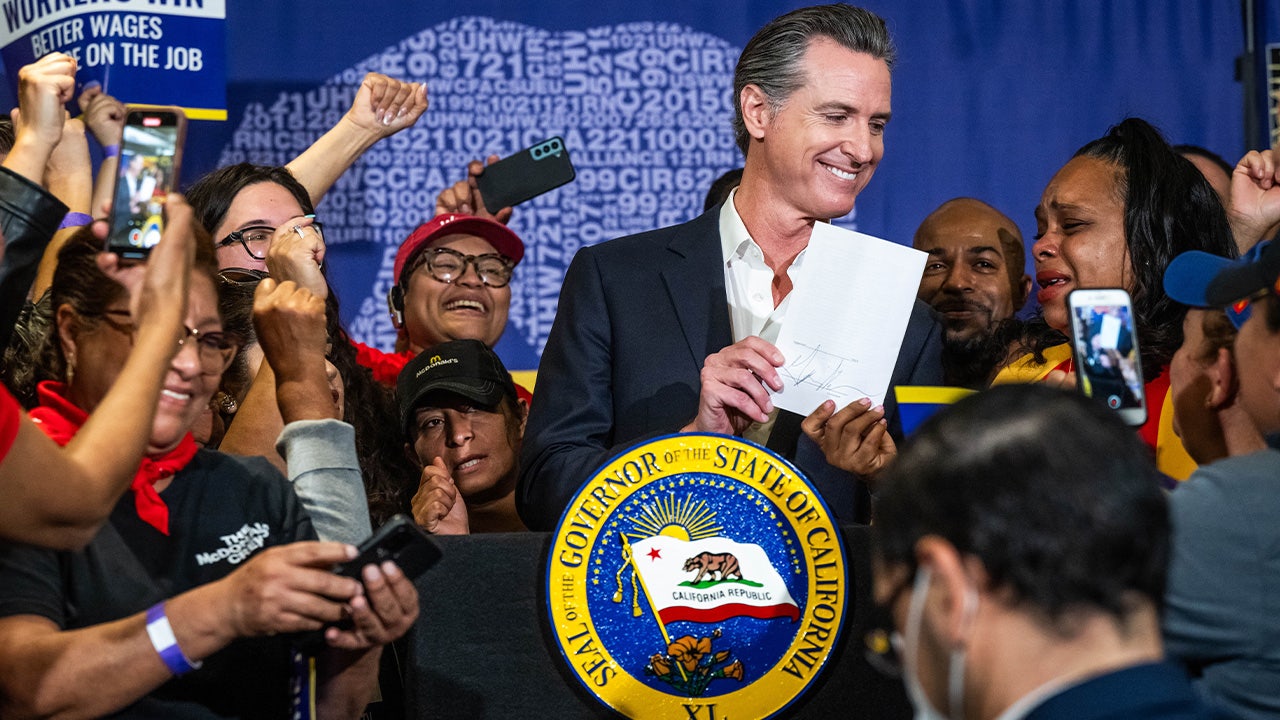When an entrepreneur asked where he/she should start, Franklin would ask, “Have you registered a business name? Tell me more about what your business is. Do you need a location? Do you need help with a business plan?”
“There are many mom-and-pop ideas,” he added. “There are people who think they have a great idea and there is nothing like it. I may do a simple web search and show them that it is out there. That may break hearts and shatter dreams, but it doesn’t mean they can’t go into their own business and do something to separate themselves from everyone else.”
He provides examples of companies like Pepsi and Coke and says that sometimes it’s taking an existing idea or concept and offering it in a better way that is more consumer-friendly. Regardless, it should start with research.
Franklin recommends checking out competitors, figuring out the market, formulating a knowledge of the industry or chosen segment, and determining if the industry is already flooded.
The book takes entrepreneurs through this journey. The description adds, “From the inception of groundbreaking ideas to the intricacies of product development, pricing strategies, distribution, and marketing, this book is a roadmap for entrepreneurs and business enthusiasts alike.”
And while Franklin thinks the description is very fitting, he isn’t sure about the name of the book and is planning to rebrand it.
He said, “I want the title to be something more edgy. Underdog Entrepreneur doesn’t scream ‘Buy me.’ A few of my friends who have written books think it sounds more like a book about people who were underdogs and then succeeded. I’ll still have that as a subtitle; I think of underdogs as people who are often counted out before the fight has even begun.”
He thinks of them as “scrappy people,” those entrepreneurs whom others think are less likely to succeed. Typically, they have fewer resources but can make something happen with almost nothing.
Encouragement in that area starts from the beginning with chapters on successful product development, how to turn concepts into consumer favorites, pricing, and seeking the balance between profitability and competitiveness.
There is also information on distribution, marketing, and strategies to develop products/services that are embraced by the target audience. There are also cautions.
“Why own a business?” Franklin said. “A lot of people think they can make all this money and develop a successful business and work fewer hours. There is this secret allure to owning your own business, but there won’t be shorter hours.”
So, who is the best candidate?
“There are a few major reasons that people want to start a business. One, they are looking for the lifestyle; two, they don’t fit in a 9-to-5 schedule working somewhere. The entrepreneur has ideas and asks why things are done the way they are when there are better ways to do it. These are the born entrepreneurs. They have that mindset,” he said.
There is also the issue of confidence and being risk-averse. They have the attitude that failure may come and even if it didn’t work out, I’m going to try again.
Franklin, who has been a business owner, says he has experienced failure but is not deterred by that. Because of that, his book fills a niche in the market.
“My book is one of the few that are written by an actual entrepreneur,” he said. “I have done it. I’ve gone through it. I know what it is like to fail.”
That also makes him able to advise others on what to avoid. It is something that has him continually thinking of business ideas and the best ways to implement those ideas. Ideas can come from anywhere, he says. You might be walking down the street or sitting at a restaurant and you think to yourself that there is a better way to do something.
Once that happens, the book will lead you through the process. It might be a surprise that Franklin doesn’t always advocate for a detailed business plan.
“I personally believe a business plan is only needed in the event of seeking financing,” Franklin said. “Businesses can’t run on a rigid business plan. Entrepreneurship is an ever-changing battle day-by-day and sometimes minute-by-minute. Often, a written business plan will be out of date the second you print it.”
He advises a fluid plan that allows for adjustment. But, even if there isn’t a large written plan, there should be solid three- to five-year financial projections, a detailed understanding of your target market, and the ability to continually test and adapt.
By the end of the book, it encourages entrepreneurs to, “Embrace the power of knowledge as your compass. Whether you’re an aspiring entrepreneur or a seasoned professional, this book offers valuable insights to thrive in a dynamic business environment. The journey does not end here; it marks the beginning of your own entrepreneurial story.”
Tina Dettman-Bielefeldt is co-owner of DB Commercial Real Estate in Green Bay and past district director for SCORE, Wisconsin.







:max_bytes(150000):strip_icc()/GettyImages-2148057336-5380a76df6a149b5b2c20f0deeea8126.jpg)








More Stories
How to Start an LLC in California (2024 Guide)
It Takes More Than Capital To Start A Business
26 Great Business Ideas to Start in 2024